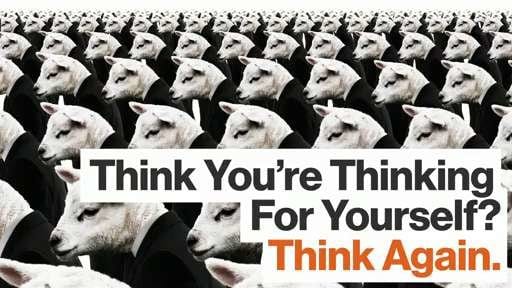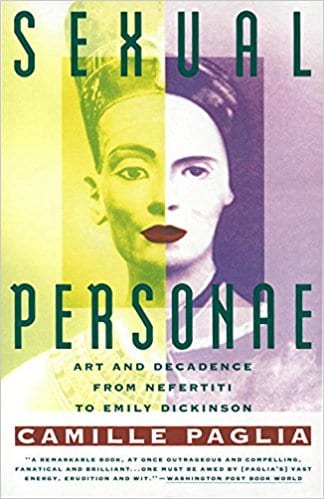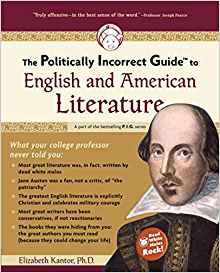Just a reminder that I have put a short podcast on EnglishReadings (YouTube) of a close reading of the opening paragraphs of Lawrence’s “The Fox” (see earlier post). Please take some time to listen to it in preparation for our next seminar.
Category Archives: Education
Listen to the poets – for my MA Creative Writing students
Following our discussion of Robert Creeley’s poem, “I Know a Man”, you may be interested in listening to the poet reading the poem at different times in his life. These recordings can be found at PennSound, which is a living archive of modern and contemporary poets: http://writing.upenn.edu/pennsound/x/authors.php
You can also listen to William Carlos Williams reading “The Red Wheelbarrow” on the same site.
Prep for Intro to Victorian Poetry lecture (Week 2). ENL1012M
INTRODUCTION TO VICTORIAN POETRY (ENL1012M)
Week 2, Wednesday, 4 October, 10.00 – 11.00, DCB1101:
The following are the poems to which I refer in my lecture on Introduction to Victorian Poetry. All except “The Leper” by Swinburne* are contained within The Norton Anthology The Victorian Age (Volume E). They are also easily available in secondhand collections and anthologies, and online. Please take a look at them beforehand.
“Stanzas from the Grand Chartreuse”, Matthew Arnold
“Dover Beach”, Matthew Arnold
“Sonnet 17”, from Later Life, Christina Rossetti**
“No Coward Soul Is Mine”, Emily Bronte
“Ulysses”, Tennyson
”Tithonus”, Tennyson
“My Last Duchess”, Robert Browning
“Childe Roland to the Dark Tower Came”, Robert Browning
“The Rubaiyat of Omar Khayyam”, Edward FitzGerald**
“Jabberwocky”, Lewis Carroll
“The Jumblies”, Edward Lear
“Jenny”, Dante Gabriel Rossetti
“The Leper”, Algernon Charles Swinburne
* A copy can be found online – http://en.wikisource.org/wiki/The_Leper
** http://www.gutenberg.org/files/19188/19188-h/19188-h.htm#II_154
Podcast on Tennyson’s “Ulysses”. ENL1012M
Listen to this short podcast on Tennyson’s poem, “Ulysses”.
Some of my poems plus an article in The Blue Nib Magazine

The current issue of The Blue Nib poetry magazine (edited by one of our former MA Creative Writing grads) contains some of my poems and an article about how I came to write a poem a day for four years.
Go to The Blue Nib magazine.
The Victorian Class System (ENL1012M)
This short podcast will give you an outline of the class system in the nineteenth century.
Think For Yourself.

Princeton University issued the following advice for its new and current students. It’s a bit sad they feel they have to do this, since it has always been assumed that teaching students how to think for themselves was a primary aim of universities.
Still, you should take it to heart and remember that the “tyranny of opinion” applies as much to your lecturers as to the public at large.
Some Thoughts and Advice for Our Students and All Students
August 28, 2017
We are scholars and teachers at Princeton, Harvard, and Yale who have some thoughts to share and advice to offer students who are headed off to colleges around the country. Our advice can be distilled to three words:
Think for yourself.
Now, that might sound easy. But you will find—as you may have discovered already in high school—that thinking for yourself can be a challenge. It always demands self-discipline and these days can require courage.
In today’s climate, it’s all-too-easy to allow your views and outlook to be shaped by dominant opinion on your campus or in the broader academic culture. The danger any student—or faculty member—faces today is falling into the vice of conformism, yielding to groupthink.
At many colleges and universities what John Stuart Mill called “the tyranny of public opinion” does more than merely discourage students from dissenting from prevailing views on moral, political, and other types of questions. It leads them to suppose that dominant views are so obviously correct that only a bigot or a crank could question them.
Since no one wants to be, or be thought of, as a bigot or a crank, the easy, lazy way to proceed is simply by falling into line with campus orthodoxies.
Don’t do that. Think for yourself.
Thinking for yourself means questioning dominant ideas even when others insist on their being treated as unquestionable. It means deciding what one believes not by conforming to fashionable opinions, but by taking the trouble to learn and honestly consider the strongest arguments to be advanced on both or all sides of questions—including arguments for positions that others revile and want to stigmatize and against positions others seek to immunize from critical scrutiny.
The love of truth and the desire to attain it should motivate you to think for yourself. The central point of a college education is to seek truth and to learn the skills and acquire the virtues necessary to be a lifelong truth-seeker. Open-mindedness, critical thinking, and debate are essential to discovering the truth. Moreover, they are our best antidotes to bigotry.
Merriam-Webster’s first definition of the word “bigot” is a person “who is obstinately or intolerantly devoted to his or her own opinions and prejudices.” The only people who need fear open-minded inquiry and robust debate are the actual bigots, including those on campuses or in the broader society who seek to protect the hegemony of their opinions by claiming that to question those opinions is itself bigotry.
So don’t be tyrannized by public opinion. Don’t get trapped in an echo chamber. Whether you in the end reject or embrace a view, make sure you decide where you stand by critically assessing the arguments for the competing positions.
Think for yourself.
Good luck to you in college!
Link: https://jmp.princeton.edu/announcements/some-thoughts-and-advice-our-students-and-all-students
The only feminist author you need to read: Camille Paglia.

Sexual Personae by Camille Paglia. Read Chapter One, “Sex and Violence, or Nature and Art”, if nothing else. Paglia is the only sensible feminist around. There are also numerous clips of her on YouTube.
Close reading of first 4 paras of The Fox (ILS and others)
Here’s a podcast of me analysing the first four paragraphs of The Fox by D H Lawrence, as an example of close reading. Although it will be of specific interest to ILS (Introduction to Literary Studies) students, it will also be useful to all Eng Lit students.
The Politically Incorrect Guide to English & American Literature

Read this book. It’s a useful antidote.
